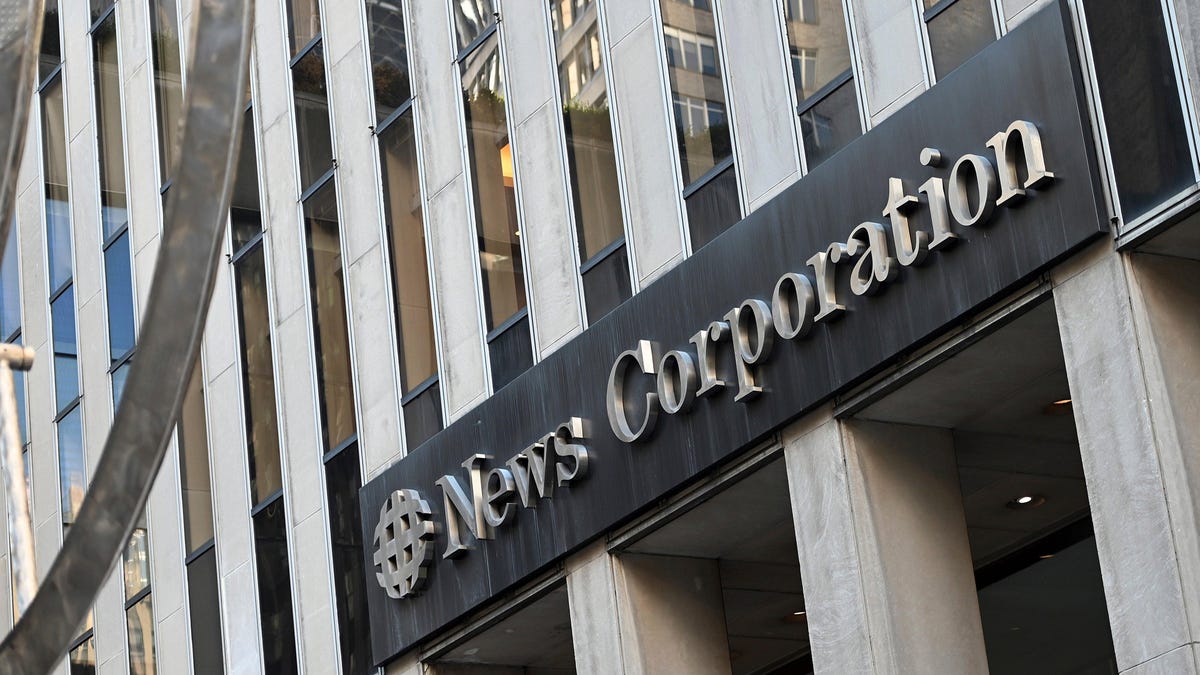- The Publisher Newsletter
- Posts
- Tuesday 14th March: What we talk about when we talk about the BBC
Tuesday 14th March: What we talk about when we talk about the BBC
Good morning! Today's newsletter is brought to you by Chris. This week's episode of the podcast is our 250th! We think that's an achievement worth celebrating - and if you want to get involved please do consider recommending us to a friend, enemy, or neutral acquaintance. Thank you!
Have you got an upcoming event, job opening or report coming out, or would you simply like to shout about what your company does? We're opening up this slot for a lead ad. That can be a banner, text, or a mix! Slots can be booked on a day-by-day basis via our self-serve system, or just reply to this email if you'd like put together a package for block bookings.
UK gives BBC World Service £20m to support English language broadcasting
If you every worry that you're too happy and want to be made sad, wade into any online discussion about the BBC. As has been highlighted by the recent saga of Gary Lineker, the British public gets riled up about the public service broadcaster that has been a constant of the media landscape as long as we've been alive. But every time someone says it's biased one way or the other, or that the license fee should be abolished, it's worth bearing the totality of its output in mind.
Now, as reported by Reuters, the UK government is giving the BBC £20m to support its slate of broadcasting on services like the World Service. Now, you can absolutely argue this is to reinforce Britain's soft power and hegemony, but the fact remains that reliable, accurate journalism is hard to come by. This should be welcomed.
Unfortunately, it will inevitably all get wrapped up in the Lineker row, or the next controversy enabled by its inept director general Tim Davie. That's why we should be so angry about it all - because some of the BBC's services and the people that rely on them will inevitably suffer.
Is this just posturing, or a genuine threat? Your answer will probably depend which side of the publishers vs. platforms debate you identify with. I'd argue that most publishers need traffic more than Meta needs news content - but that the public needs access to legitimate news more than either. It's a trite observation, I know - but sometimes I worry we don't see the wood for the trees when we discuss things like the Online News Act.
I for one am shocked - shocked - that the man behind a media empire that publicly endorsed what it knew to be untruths for fear of losing audiences would be a hypocrite. Well, not that shocked. Now, as Murdoch's titles move from climate denialism to delayism, News Corp is hiring a director of sustainability.
Vice had initially been looking for around $1.5bn and talking to other potential buyers including Antenna Group, according to the Wall Street Journal. That's an enormous gap between self-valuation and offer - but it speaks to the ongoing reappraisal of the value of digital-first publishing brands of a certain age.
More from Media Voices
On this week’s 250th episode we hear from Max Tani, media reporter at news start-up Semafor. He tells us how he came to Semafor; the Venn diagram between media, politics, Hollywood and pretty much everything else in life; about Semafor’s attempts to balance out news and opinion; and whether covering the White House was anything like The West Wing.
In the news roundup the team looks at a bad week for broadcasters, from the BBC’s war against Gary Lineker, through Fox News’ risible defence in the Dominion lawsuit, to GB News’ £31m loss in its first operating year.
/cloudfront-us-east-2.images.arcpublishing.com/reuters/MICNM45BMVL5REYIN4WL53GAT4.jpg)
/cloudfront-us-east-2.images.arcpublishing.com/reuters/QMUXNHKLOJOVTFDD2L6DHEYRNQ.jpg)




